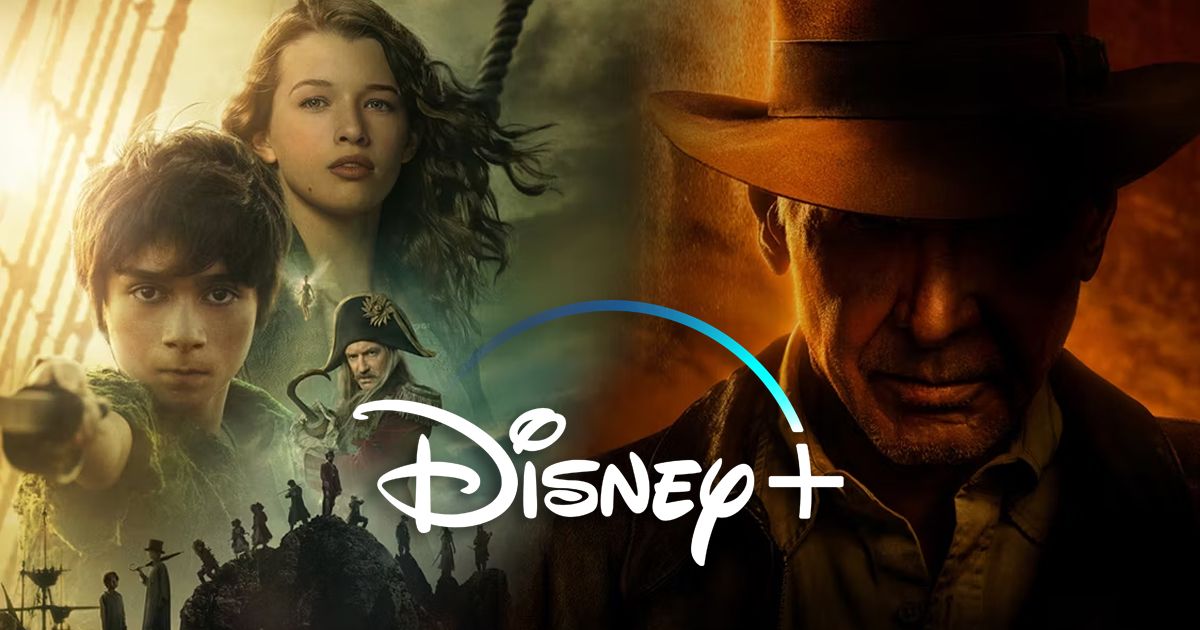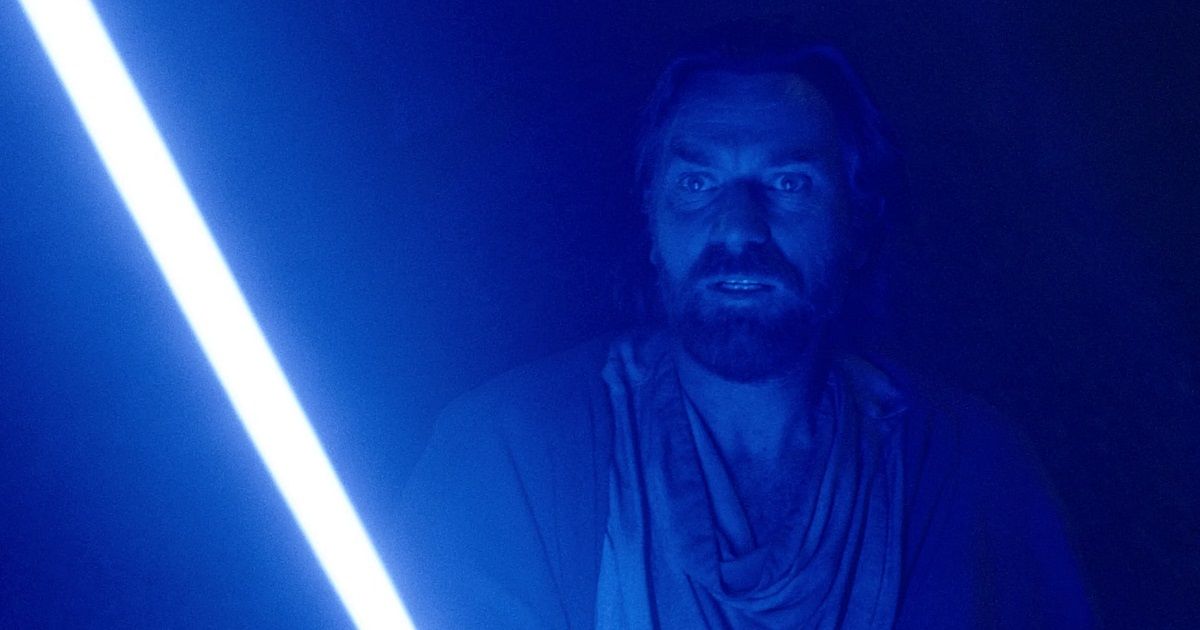Summary
- Disney+ refuses to share viewership numbers for its original series and movies, which has led to confusion and speculation about its success.
- Disney+ has lost 2.4 million subscribers at the end of 2022 and has reported an operating deficit of nearly $1.5 billion, indicating potential challenges in staying dominant in the streaming industry.
- Disney+ needs to focus on its original content and make it more accessible, less expensive, and child-oriented, rather than relying solely on Marvel or Star Wars properties. Returning to its roots may be key to attracting new viewers.
It’s hit-and-miss for Disney+ these days. Star Wars enthusiasts loved The Mandalorian but hated Obi-Wan Kenobi. However, people didn’t subscribe to Disney’s streaming offerings only because of Disney+. ‘The Disney Bundle’ was supposed to be an outstanding alternative for entertainment devotees who wanted to enjoy The Disney Company’s other offerings as well.
But despite incredible advertising campaigns, an impressive content network, and outstanding ratings, subscriptions are slipping! Disney+ enthusiasts are confused as to why the streaming service doesn’t seem quite as successful as it purports. How can Disney+ ratings be obscured? We’ll explain why!
Let’s Talk Transparency
The Disney corporation refuses to publicly share viewership numbers for its original series and movies, despite fellow streaming giants like Netflix being more transparent in the wake of industry-wide criticism. Since Disney+ does not run with ads, there isn’t any pressure to partner with Nielsen, the foremost rating agency, to show advertisers how well a series or film performs.
Disney has made it known that it feels releasing numbers to the public would just put more focus on each individual performance, which the company apparently doesn’t want to do currently. So, it’s up to Rotten Tomatoes and similar sites to attempt to describe Disney’s ratings.
Transparency is central to conversations about whether Netflix executives decide to renew a season. And while Netflix teams use technical terms such as ‘efficiency metrics’ to determine if a series is worthwhile to continue. The ratio boils down to whether a show is likely to retain customers at risk of canceling their subscriptions.
Stranger Things, Netflix’s most popular show, will probably continuously renew based upon the algorithm, whereas a cult show like The OA, though much beloved, most likely will not. Nielsen ratings are of public interest because they help reiterate a show’s success (The Walking Dead, The Big Bang Theory, Grey’s Anatomy) or its failure (Firefly, Undeclared).
Subscriber Fatigue?
Disney CEO Bob Iger announced that Disney+ lost a net 2.4 million subscribers at the end of 2022. Not good! Disney+’s effort to stay dominant in the age of Netflix is costing the Burbank giant in a big way.
Disney+’s direct-to-consumer division (also including Hulu and ESPN+) recently reported an operating deficit of nearly $1.5 billion, doubling its loss of $630 million during the same quarter a year earlier.
A year ago (last August), Iger’s corporation stated that it would raise its monthly fee for Disney+ by $3 to $11 a month, starting in December, while also introducing a streaming membership that included commercials at the rate of $8 a month. Overall, Disney+ posted a quarterly profit of $162 million, virtually flat with the same period a year earlier. Again: not good! Despite a continued rebound at Disney’s massive parks business – thanks to the political climate caused by the extremist views of Ron DeSantis – earnings and sales still fell short of expectations.
Exclusives Or Exclusions?
With a Disney+ exclusive release of James Gunn’s Guardians of the Galaxy 3, the streaming platform has let devotees and other streamers know that Disney isn’t above releasing alternate endings or slightly different versions of properties. This can be a unique gimmick, or it could set a dangerous precedent for a company that is ancient but new to streaming.
While some fans would feel vindicated and ‘in-the-loop,’ other viewers could see a variant of the same show or film on a different platform. Thus the two (or however many) enthusiasts would have different experiences. One would naturally ask if this is a smart move on the part of Disney.
To answer that question, Disney+ has put extra hours into adding to its catalog of streaming entertainment. The whole concept behind Disney, to begin with, theoretically, was the inclusion of children from all walks of life to enjoy being kids. It’s well known that the world is complicated and society can be confusing for the young – and the Disney company wished to create a safe haven for children away from politics and adult fare. This simple concept has become lost as Disney+ has decided to try to be all things to all people. Not possible.
Disney+ needs to make its original content more accessible, less expensive, and perhaps more child-oriented. Yes, the Avengers series, alongside Star Wars and Spider-Man, are all very exciting and fun, but they’re not Disney properties. Disney+’s problem is that it’s been resting on its laurels and promoting works that are not its own.
Disney needs to return more to its roots, as it did with The Little Mermaid (2023) and Dumbo (2019). While these were remakes from older properties, at least it shows an attempt to move in the right direction. Disney+ must focus on its individual and unique creations rather than resting on Marvel or Star Wars intellectual properties to carry new viewers to its doorstep.
This story originally appeared on Movieweb



